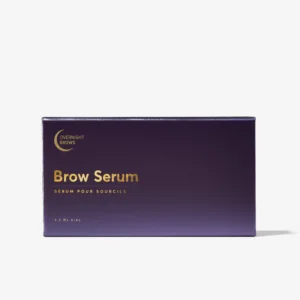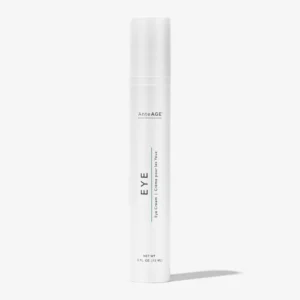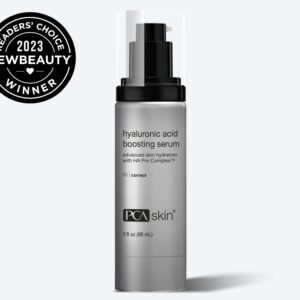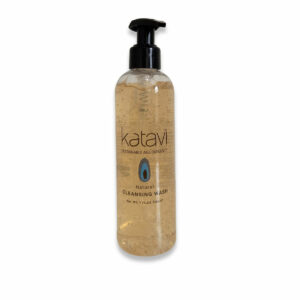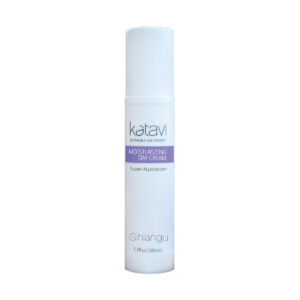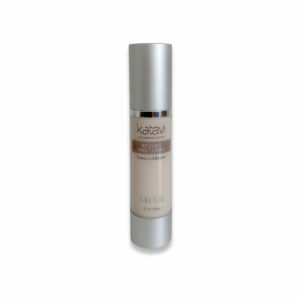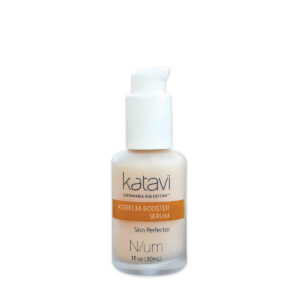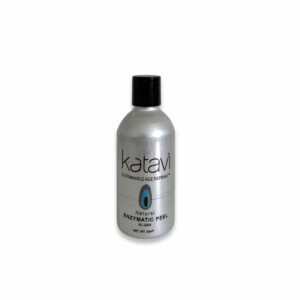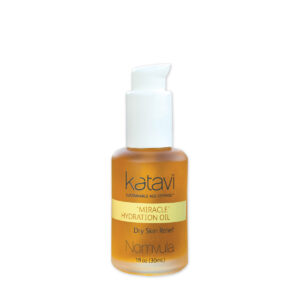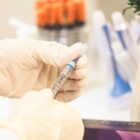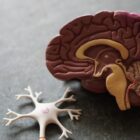- Understanding Testosterone’s Role in Recovery
- Exploring the Impact of Testosterone Deficiency on Recovery
- The Role of Testosterone Replacement Therapy in Accelerating Recovery
- Mechanisms of Action: How TRT Shortens Recovery Time
- Considerations and Potential Risks of Testosterone Replacement Therapy for Recovery Time
- Snippet
Understanding Testosterone’s Role in Recovery
Testosterone, often associated with its effects on muscle mass and libido, also plays a crucial role in recovery processes throughout the body. Testosterone influences tissue repair, protein synthesis, and the regeneration of muscle fibers, which are essential for recovery from physical exertion, injury, and illness. Additionally, testosterone enhances energy levels, endurance, and resilience, enabling individuals to bounce back more quickly from strenuous activities or periods of stress. Therefore, fluctuations or deficiencies in testosterone levels can impact recovery time and delay the body’s ability to heal and adapt.
Exploring the Impact of Testosterone Deficiency on Recovery
Testosterone deficiency, also known as hypogonadism, can affect the body’s ability to recover efficiently from physical activity, injury, or illness. Low testosterone levels have been associated with prolonged recovery times, increased fatigue, and decreased muscle repair and regeneration. Additionally, testosterone plays a role in immune function and inflammation regulation, which are essential components of the recovery process. Therefore, individuals with low testosterone levels may experience delays in recovery, reduced exercise tolerance, and decreased performance in physical activities.
The Role of Testosterone Replacement Therapy in Accelerating Recovery
Testosterone replacement therapy (TRT) offers a potential solution for individuals experiencing longer recovery times associated with testosterone deficiency. By restoring testosterone levels to within the normal physiological range, TRT aims to optimize the body’s ability to recover from physical exertion, injury, and illness. Research suggests that TRT may enhance muscle repair, reduce inflammation, and improve immune function, leading to faster recovery times and improved overall resilience. Additionally, TRT has been shown to increase energy levels, endurance, and exercise tolerance, enabling individuals to resume normal activities more quickly.
Mechanisms of Action: How TRT Shortens Recovery Time
TRT may shorten recovery time through various mechanisms, including:
- Enhanced tissue repair: Testosterone promotes tissue repair and regeneration by stimulating protein synthesis and enhancing the activity of satellite cells, which are essential for muscle repair.
- Reduced inflammation: Testosterone has anti-inflammatory effects, reducing inflammation and oxidative stress, which can impair recovery and delay healing.
- Improved immune function: Testosterone enhances immune function, including the production of white blood cells and the activity of immune cells, which are crucial for fighting infection and supporting recovery.
- Increased energy and endurance: Testosterone replacement therapy can increase energy levels, reduce fatigue, and improve exercise tolerance, enabling individuals to recover more quickly from physical exertion.
By addressing these underlying mechanisms, TRT may help individuals accelerate recovery from physical activity, injury, or illness, enabling them to return to normal function more quickly and effectively.
Considerations and Potential Risks of Testosterone Replacement Therapy for Recovery Time
While testosterone replacement therapy offers potential benefits for accelerating recovery, it’s essential to consider potential risks and limitations. TRT may not be suitable for all individuals experiencing longer recovery times, particularly if other underlying factors contribute to delayed healing. Additionally, TRT may carry risks, including potential side effects such as fluid retention, acne, mood swings, and cardiovascular complications. Therefore, individuals considering TRT for recovery time should undergo a comprehensive evaluation by a qualified healthcare provider to assess the potential risks and benefits and develop a personalized treatment plan tailored to their specific needs and circumstances.
Testosterone Replacement Therapy and Shortening Recovery Time – snippet
Discover how testosterone replacement therapy (TRT) can shorten recovery time and accelerate healing from physical exertion, injury, or illness. Learn about the role of testosterone in tissue repair, inflammation regulation, and immune function, and explore the potential benefits of TRT for optimizing recovery. Consult with a qualified healthcare provider to explore personalized treatment options tailored to your specific needs and circumstances.
Related items..
-
AnteAGE® Overnight Brows Serum 3.5ml
$75.00 -
AnteAGE® Eye (15ml)
$105.00 -
PCA Skin Hyaluronic Acid Boosting Serum 3oz
$315.00 -
Katavi Radiant-S Facial Serum NEW
$55.00 -
Katavi Natural Cleansing Wash
$33.00 -
Katavi Moisturizing Day Cream
$43.00 -
Katavi Tula Tula – Intensive Night Care
$43.00 -
N/um – Kigelia Booster Serum
$46.00 -
Katavi Hluba – Enzymatic Peel
$30.00 -
Katavi Miracle Hydration Oil
$40.00
Sign Up for Monthly Newsletter to Learn & Save
Stay current on promotions, discounts and sales.
Get Your Learn On

Boosting Bone Health and Immune Function with Sermorelin and Testosterone Stacking




